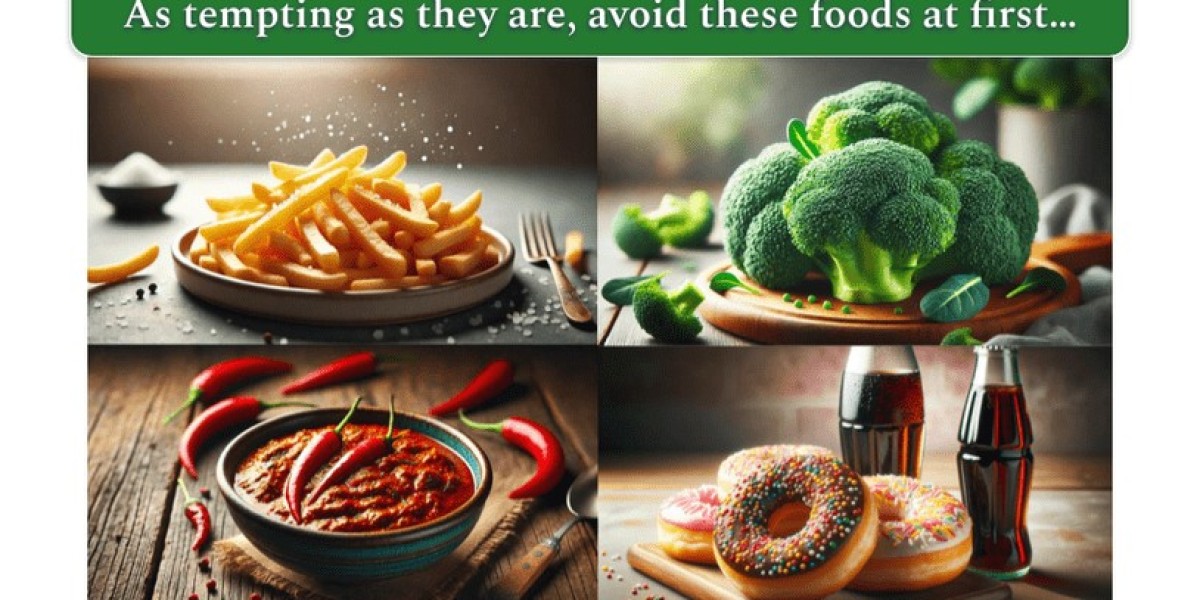Recovering from appendix surgery requires patience, discipline, and above all, making informed lifestyle choices. Among these, dietary decisions play a critical role in ensuring faster healing, avoiding discomfort, and preventing complications. At the same time, in our increasingly digital world, protecting personal data is another responsibility that cannot be ignored. This is where privacy policies come in, acting as safeguards for your online presence.
This blog brings together two essential aspects of modern life: post-surgery diet awareness and the importance of website privacy policies. While they may seem unrelated, both emphasize the need to make responsible choices hether it’s about what goes into your body or how your personal information is shared online.
The Role of Diet in Recovery After Appendix Surgery
The appendix, though small, can cause major health complications when inflamed or ruptured. Surgery to remove it, called an appendectomy, is common. But after surgery, the digestive system becomes highly sensitive, making food choices critical.
Doctors often recommend a gradual transition: starting with clear liquids, then soft foods, and finally moving to a normal diet. The wrong foods, however, can lead to pain, bloating, infections, and delayed recovery.
That is why it’s vital to know what to avoid.
Foods Not to Eat After Appendix Surgery
According to the List of Foods Not to Eat After Appendix Surgery, patients should be extra careful with the following:
1. Spicy Foods
Chili peppers, hot sauces, and spicy curries irritate the stomach and can lead to digestive discomfort.
2. Fried and Fatty Foods
Items like fried chicken, burgers, and French fries increase fat intake, which is harder to digest and slows healing.
3. Processed Meats
Sausages, bacon, and salami contain preservatives and saturated fats that strain the digestive system.
4. Gas-Producing Foods
Beans, cabbage, cauliflower, and carbonated drinks can cause painful bloating.
5. Dairy Products in Excess
While some dairy is acceptable, too much milk, cheese, or ice cream may cause constipation and discomfort.
6. Red Meat
Steak and lamb are dense proteins that take longer to digest compared to lean meats.
7. Sugary Foods
Cakes, chocolates, and pastries promote inflammation and slow down healing.
8. Alcohol and Caffeine
Coffee, energy drinks, sodas, and alcohol irritate the digestive lining and interfere with prescribed medications.
Recommended Foods for Recovery
While avoiding harmful foods is essential, eating the right ones ensures steady healing. Doctors often suggest:
Clear soups and broths: Easy to digest and keep you hydrated.
Steamed vegetables: Provide vitamins and are gentle on the stomach.
Lean proteins: Chicken, turkey, fish, and eggs aid tissue repair.
Soft fruits: Bananas, melons, applesauce improve digestion.
Whole grains: Oats, rice, and whole wheat provide energy without straining digestion.
Plenty of water: Speeds up healing and prevents constipation.
Why a Privacy Policy is Just as Important
Just as patients must make mindful dietary choices, internet users must also be cautious about their digital safety. Every time you visit a website, information is exchanged. Without protection, that data can be misused.
This is why a privacy policy is critical. It explains how websites collect, store, and use your information. From names and emails to browsing behavior, transparency ensures users can trust the platform they engage with.
Key Features of a Privacy Policy
A good privacy policy includes:
Data Collection Details: Explains exactly what information is being gathered.
Purpose of Data Use: Whether for marketing, service improvement, or analytics.
Third-Party Sharing: Whether your data is shared with advertisers or external partners.
User Rights: Information about opting out, requesting data deletion, or limiting use.
Security Measures: Steps taken by the site to keep your data safe from breaches.
By reading a privacy policy, you gain clarity on how much control you truly have over your online presence.
The Connection Between Diet and Privacy Policies
Though diet after surgery and online privacy appear unrelated, they share common ground in responsibility and awareness.
Diet: Choosing the wrong foods after appendix surgery can slow recovery or cause complications.
Privacy: Ignoring privacy policies can expose your personal information to misuse.
In both cases, being informed allows you to make better choices that protect your health and security.
Practical Tips for Patients and Internet Users
For Recovery Patient
Eat small meals frequently.
Avoid overeating to reduce pressure on the stomach.
Follow your doctor’s dietary instructions strictly.
For Internet Users
Always check if a site has a visible privacy policy.
Avoid sharing personal information on untrusted platforms.
Understand how cookies and Tracking Tools Work
FAQs
Can I drink coffee after appendix surgery?
It’s best to avoid it for at least 2–3 weeks as it may irritate the stomach.
Is spicy food allowed after recovery?
Gradually, yes, but always follow your doctor’s timeline.
Are eggs safe after appendix removal?
Yes, eggs are an excellent source of protein and usually easy to digest.
Why is a privacy policy important for users?
It informs you how your personal data is collected and used.
Can a website operate without a privacy policy?
Legally, many regions (like GDPR in Europe and CCPA in California) require privacy policies.
What foods can speed up recovery?
Light foods like soups, fruits, and whole grains are most effective.
How do I know if my privacy is at risk?
If a site lacks a privacy policy or uses vague terms, it’s a red flag.
Should I read every privacy policy?
Yes, at least skim the key points to ensure your data is handled properly.
Conclusion
Recovering from appendix surgery is a delicate process where dietary choices can make or break your healing journey. Avoiding fried foods, spicy meals, alcohol, and processed items ensures your digestive system gets the rest it needs. By focusing on soups, lean proteins, fruits, and whole grains, patients can rebuild strength and return to normal activities sooner.
Similarly, in the digital space, ignoring privacy policies leaves you vulnerable. Understanding how your data is collected, stored, and shared is as essential as avoiding harmful foods after surgery. Both highlight the importance of awareness because informed choices lead to better protection, whether for your body or your personal data.
Visit Copy Paste Quickly to explore more.







